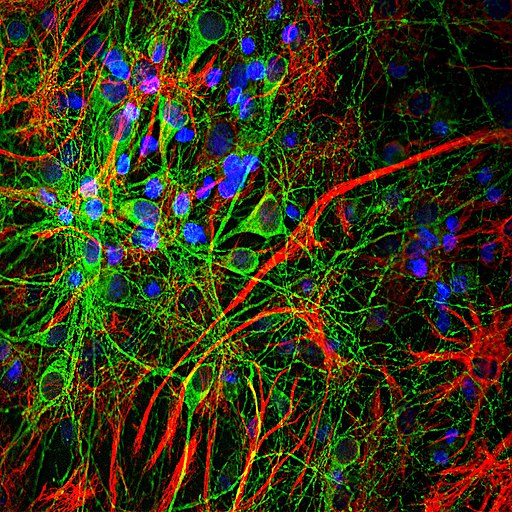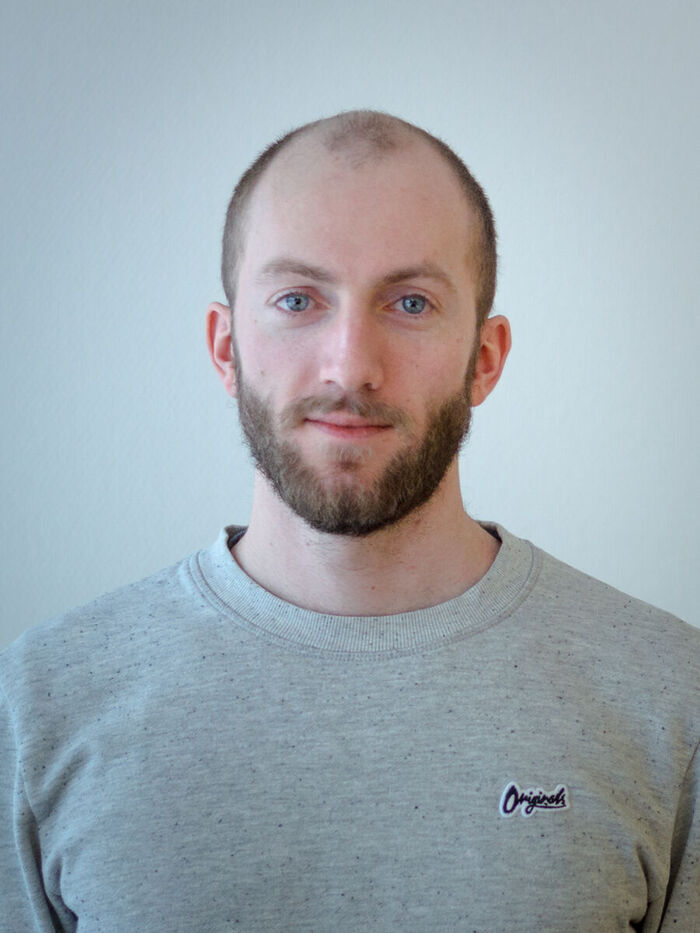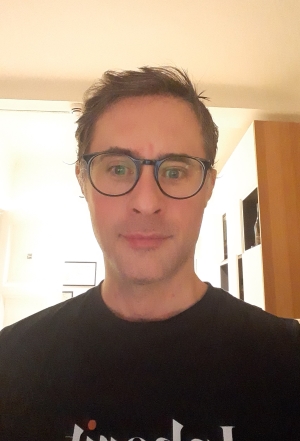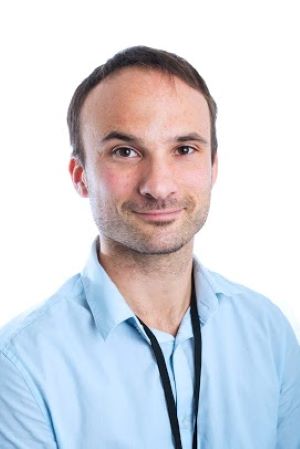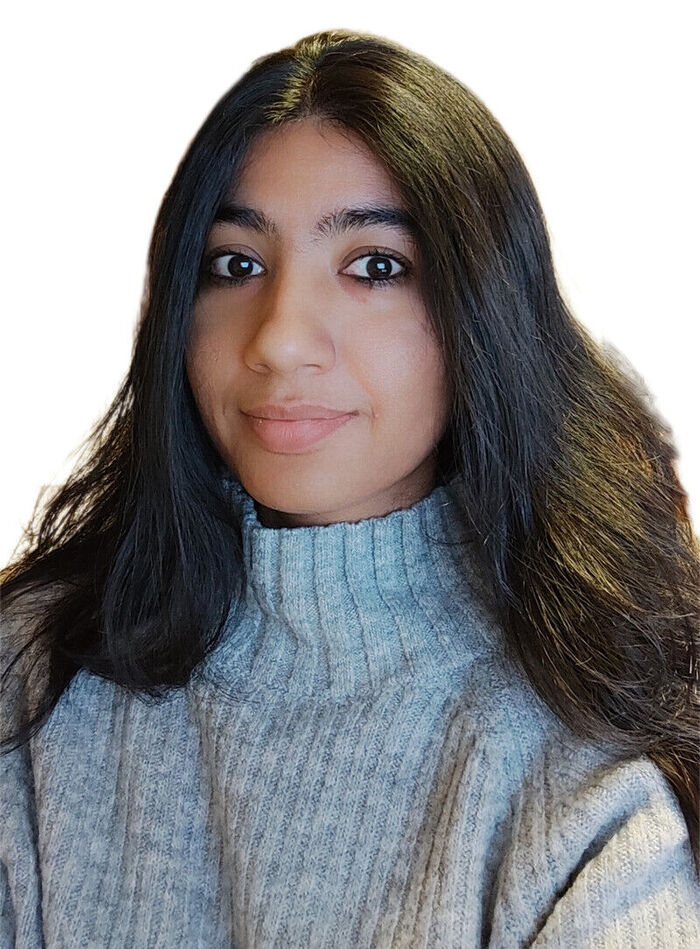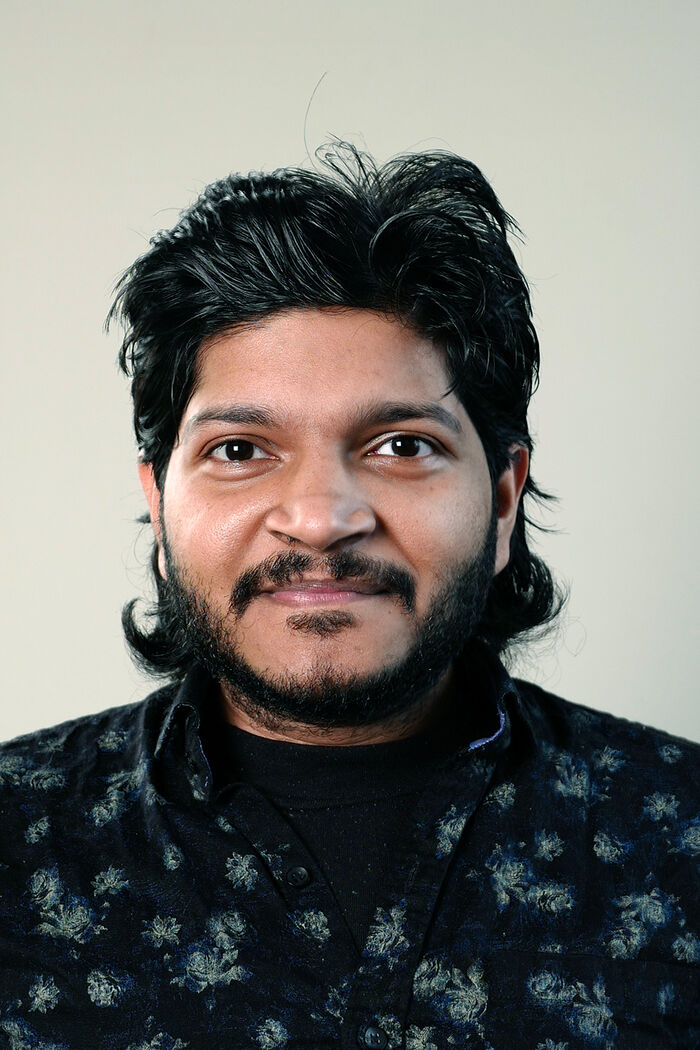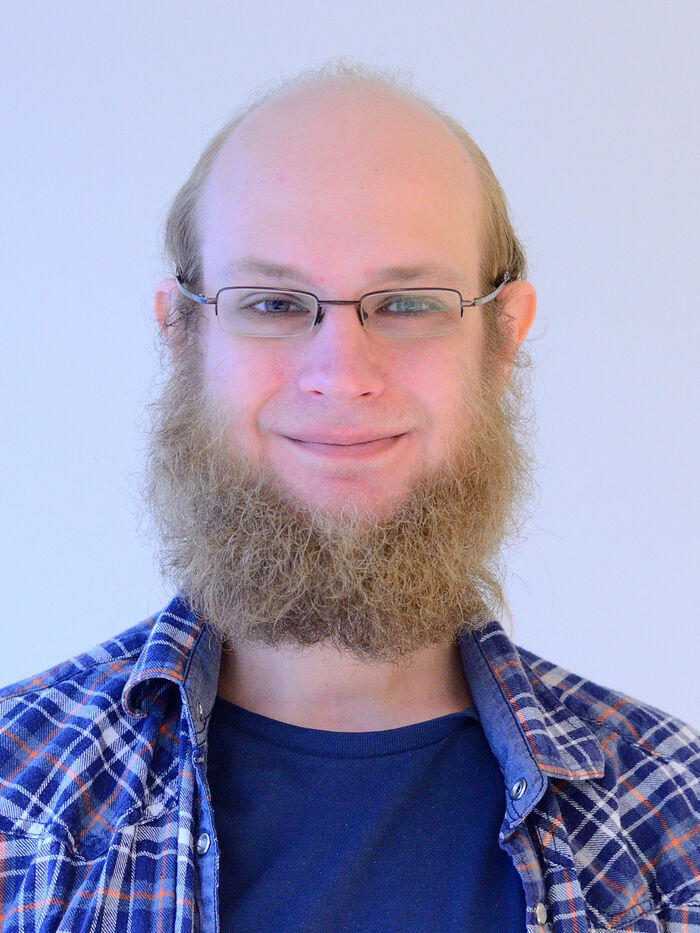Tidligere arrangementer - Side 46
Welcome to the first seminar of the semester, where we will host a talk by Dr. Elise H. Thompson (Fyhn Group, FYSCELL, IBV)
In this informal seminar, Eline Visser will report about her last field trip to the Indonesian Karas Islands, where she gathered data on the previously undocumented language Uruangnirin. She'll talk about language endangerment, fieldwork methods, Uruangnirin grammatical relations, some other preliminary findings and whatever else comes up.
Why is deep learning so successful in many applications of modern AI? This question has puzzled the AI community for more than a decade, and many attribute the success of deep learning to the implicit regularization imposed by the Neural Network (NN) architectures and the gradient descent algorithm. In this talk we will investigate the implicit regularization of so-called linear NNs in the simplified setting of linear regression. Furthermore, we will show how this theory meets fundamental computational boundaries imposed by the phenomenon of generalized hardness of approximation. That is, the phenomenon where certain optimal NNs can be proven to exist, but any algorithm will fail to compute these NNs to an accuracy below a certain approximation threshold. Thus, paradoxically, there will exist deep learning methods that are provably optimal, but that can only be computed to a certain accuracy.
Vegard Antun is a postdoctoral fellow at the University of Oslo, department of Mathematics.
Harald Thommesen, Postdoctoral Fellow at Institute of Theoretical Astrophysics, University of Oslo.
By Turk Rhen, University of North Dakota, USA
Department seminar. Adrien Vigier is a Professor/Chair in Economics at University of Nottingham. He will present the paper: "Product Variety and Market Segmentation"
P? fjerde arrangement i seminarrekken Perspektiver p? tenkning skal Brynulf Bakkenget (H?gskolen i Innlandet) fortsette samtalen om Paul Ricoeurs metode og tenkning.
Department seminar. Andreas Ravndal Kost?l is an applied economist at Arizona State University W.P. Carey School of Business and a faculty research fellow at the NBER and IZA. He will present the paper: "Layoff Costs, Insurance and Precautionary Job Mobility".
Martin Enge from the Karolinska Institutet will present his research as part of the NCMM Tuesday Seminar Series.
Elena Varona and Margareta Berg (master students at ILN) practice their presentations for the ConSOLE conference. Elena will talk about grammatical gender selection in Spanish-Norwegian code switching and Margareta will discuss attitudes towards gender neutral pronouns in Norwegian.
Rubinur Khatun, Postdoctoral Fellow at Institute of Theoretical Astrophysics, University of Oslo.
QOMBINE seminar by Snorre Bergan (UiO)
By Ludovic Orlando, University of Toulouse, France (Notice the time!)
Atul Mohan, Postdoctoral Fellow at Rosseland Centre for Solar Physics, University of Oslo.
Senter for tverrfaglig kj?nnsforskning inviterer kolleger og venner til v?rt ?rlige nytt?rsselskap. Det blir nytt?rsforedrag, mat og drikke, og utdeling av pris for beste masteroppgave med kj?nnsperspektiv.
NCMM starts the year actively, and invites all interested to a mini-symposium in translational computational biology in Oslo Science Park.
The Section 4 seminar for the Autumn of 2022 will be held on Thursdays from 10:15–12:00 (see the schedule)
By Craig R. Primmer from the University of Helsinki, Finland
Thore Espedal Moe, PhD fellow of Rosseland Centre for Solar Physics (RoCS), University of Oslo.
Consider the singularity C^4/(Z/2), where Z/2 acts as the matrix diag(-1,-1,-1,-1). This singularity is special, in that it does not admit a crepant resolution. However, it does admit a so-called noncommutative crepant resolution, given by a Calabi-Yau 4 quiver. The moduli space of representations of this quiver turns out to share a lot of similarities with moduli spaces of sheaves over Calabi-Yau fourfolds, and it turns out that we can reuse techniques from studying moduli of sheaves to define and compute invariants of this moduli space of representations. In this talk, I will explain how these invariants can be defined, and give conjectures about the forms of these invariants. This talk is based on joint work with Raf Bocklandt.
The Thoralf Skolem Memorial Lecture 2022
